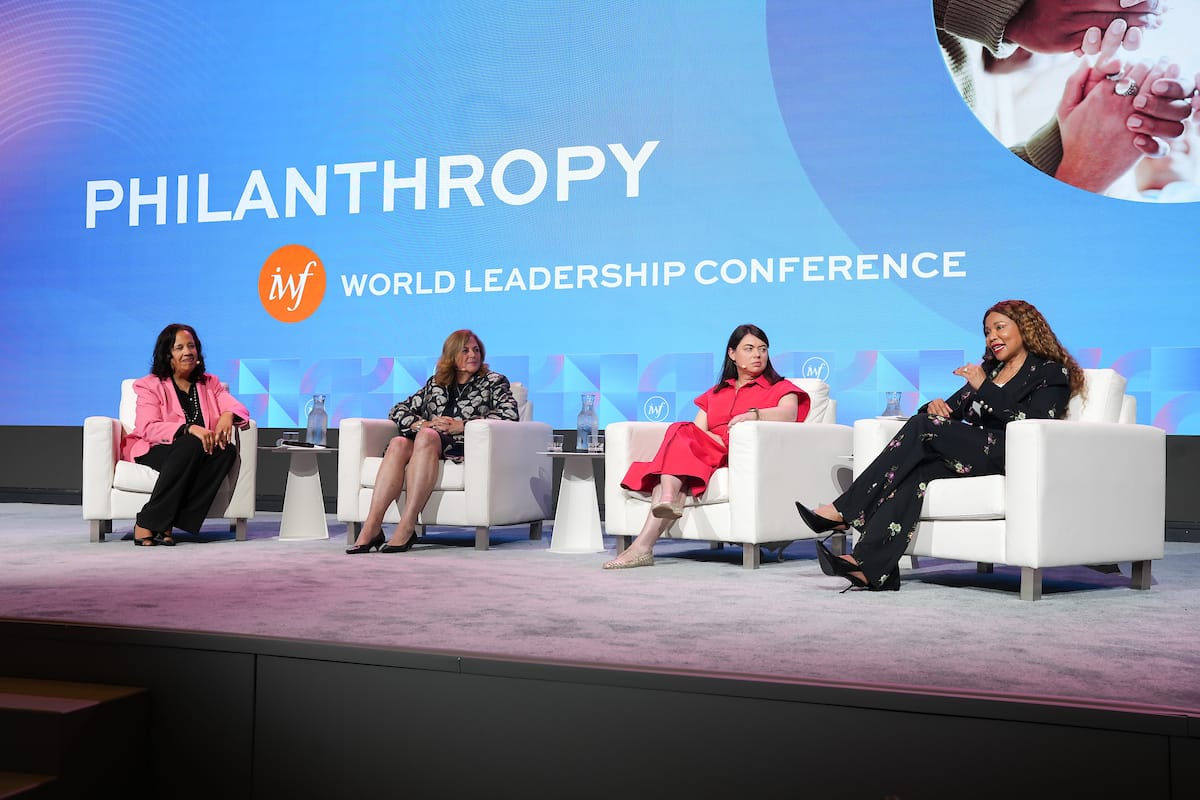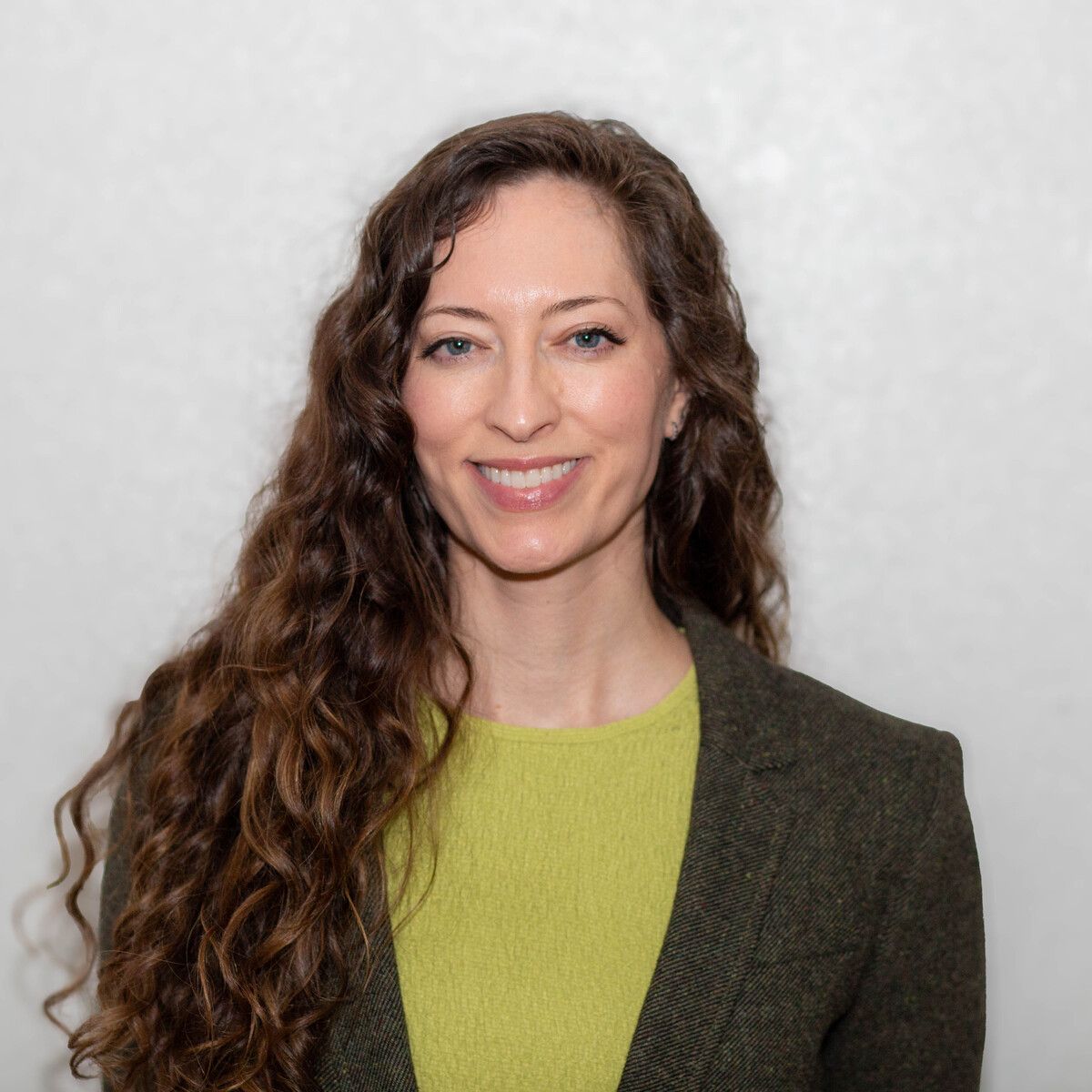
From left: Lisa Mensah (Oregon Community Foundation), Connie Collingsworth (Banner Corp), Julie Gehrki (Walmart), Dr. Precious Moloi-Motsepe (Motsepe Foundation). | Photo by Alabastro Photography
What you probably already know: Philanthropic giving helps solve problems that governments, individuals, and communities struggle to address on their own. Philanthropy has undergone significant shifts over the last 25 years, evolving from treating the symptoms of social issues to addressing their root causes and driving systemic change. There's now a stronger focus on donor engagement, measuring impact, and fostering collaboration between donors and grantees. Younger generations are also reshaping the landscape by prioritizing social justice, environmental concerns, and adopting fresh approaches to giving.
Why? Where early philanthropy often focused on providing direct services to alleviate immediate needs, modern donors are increasingly interested in supporting initiatives that empower individuals and communities to become self-sufficient. This is being done, in part, by making data-driven decisions and examining power dynamics and inequities within systems at local, national, and international levels. Precious Moloi-Motsepe, co-founder and CEO of the Motsepe Foundation, has witnessed philanthropy in Africa evolve as donors focus on strategic giving and collaboration. “It has moved from just giving at a personal level to really thoughtfully thinking about how we impact the sustainable development goals and working together,” she said at the International Women’s Forum World Leadership Conference last month.
What it means: Moloi-Motsepe said that as universities, entrepreneurs, and organizations work together on philanthropic goals, they’re “beginning to learn from each other and see what works regionally.” Spending time on the ground, getting to know people and seeing how they live, is an important part of developing clear strategies that will have the biggest impacts, she said. The Motsepe Foundation has found that incentivizing entrepreneurs to scale their businesses — particularly those focused on addressing regional problems concerning energy, agriculture, and financial services — has an outsized positive impact on large numbers of people. Education investment is notoriously tricky, but after trial and error, Moloi-Motsepe said they’ve supported change in generational wealth by “identifying the right students, putting them through the right colleges and the right courses, as well as giving them the support that they require, particularly mental, psychological support.”
Corporate giving is also looking at the bigger picture. Julie Gehrki, the president of the Walmart Foundation and senior vice president of philanthropy at Walmart, said that when it comes to sourcing global goods, Walmart works with local governments, Indigenous peoples, farmers, NGOs, and stakeholders to develop approaches that benefit everyone, including the planet. “We're doing that with things like tuna with the Marshall Islands, salmon and Chile, palm and Indonesia, and it often is a blend of philanthropic capital and things like purchase order, which is part of how this will work long-term,” said Gehrki.
What happens next: Donors will need to continue to embrace adaptability, participation, and collaboration as global issues related to climate change, social inequality, and conflict grow increasingly complex and urgent. In a post published by The Center for Effective Philanthropy, Clare Nolan, co-executive director of Engage R+D, sounded the alarm about a growing misalignment between strategy and philanthropic governance among foundations that threatens “philanthropy’s ability to meet the moment.” Ensuring a foundation remains purpose-driven requires an examination of board composition and the mindsets at the table, as well as bringing on fresh voices with lived experience. “These shifts help boards operate not as gatekeepers but as stewards of collective possibility — asking better questions, embracing uncertainty, and grounding decisions in a deeper understanding of how systemic change happens,” Nolan wrote.

